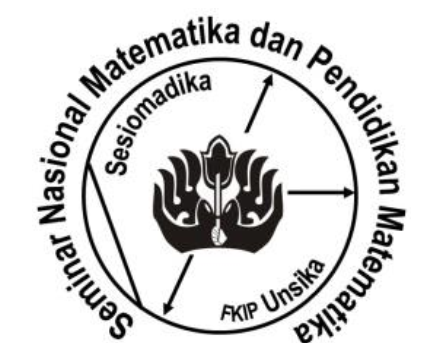Unpacking the Complexity: Exploring Students' Ways of Understanding Ill-Structured Math Problems
DOI:
https://doi.org/10.33541/edumatsains.v10i1.6954Keywords:
Ill-Structured problems, Mathematical Problem Solving, Students' Perspectives, Ways of understandingAbstract
The state space problem in problem solving involves a series of initial conditions, goal/end conditions, obstacles where this aspect is crucial in learning mathematics. This research aims to investigate how students understand and solve ill-structured mathematical problems. This research used a qualitative approach with case studies. Participants consisted of secondary school students. Data were collected through observations, interviews, and document analysis of students' work. Data analysis was conducted thematically to identify patterns and key themes in how students solved unstructured problems. The findings showed that students faced difficulties in identifying relevant information, formulating a solution plan, and evaluating solutions in unstructured problems. The problem-solving strategies students used varied, ranging from heuristic approaches to the use of more formal mathematical models. In addition, factors such as self-confidence, prior experience, and support from teachers also play an important role in the problem-solving process. The implications of these findings include the need for an in-depth understanding of how students think and act in this context can provide valuable insights for the development of more effective teaching strategies, aimed at improving students' ability to deal with complex and ambiguous mathematical challenges
Downloads
Published
How to Cite
Issue
Section
License
Copyright (c) 2025 shelly morin

This work is licensed under a Creative Commons Attribution 4.0 International License.





















_(1).png)
